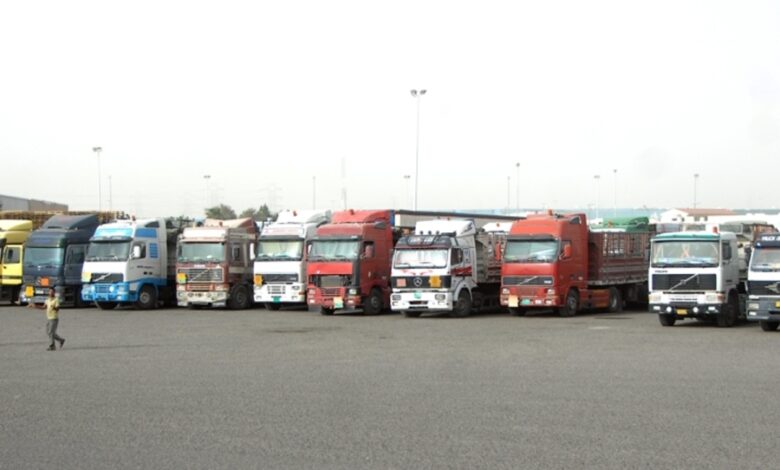
Decree-Law No. 140 of 2025, published in the Sunday issue of the Official Gazette Kuwait Alyawm, has formally approved the unified law governing international land transport among the Gulf Cooperation Council (GCC) member states.
The explanatory note accompanying the decree says the law aligns with the objectives of the GCC’s foundational charter, which emphasizes closer cooperation and stronger ties between member states.
It also supports the GCC’s unified economic agreement, which seeks to strengthen economic relations, promote integration, and harmonize legislation across the GCC states in financial and economic matters, reports Al-Rai daily.
The law reflects the GCC leaders’ commitment to regulate cross-border land transport operations while enhancing road safety and operational standards across the region — as part of broader efforts to achieve advanced stages of economic integration among member states.
The decree consists of 25 articles that define key terms, outline mechanisms for the operation and movement of transport vehicles, and set the legal framework for international land transport within the GCC. It also details violations and administrative penalties that can be imposed by the competent authorities.
Penalties under the law vary according to the severity of the infraction, ranging from fines of 1,000 Saudi riyals to 20,000 riyals. The decree specifies that fines issued in Kuwaiti dinars will be converted to Saudi riyals based on the exchange rate announced by the Central Bank on the day the fine is imposed.
The unified law aims to standardize procedures for cross-border transport, ensuring smoother logistics and consistent regulatory practices across all GCC countries. This standardization is expected to facilitate trade, reduce administrative obstacles, and improve the efficiency of land transport operations.
Authorities emphasized that the law also serves as a preventive measure to raise compliance standards, enhance safety protocols, and provide legal clarity for transport companies and drivers operating within the GCC.
By aligning national regulations with GCC-wide standards, the law represents a significant step toward economic cohesion and regional integration, fostering closer collaboration among member states.
The decree has been welcomed by transport and logistics sectors as a move that will streamline operations, reduce delays, and strengthen commercial ties between GCC countries. Officials also noted that the law will serve as a model for future harmonization efforts in other economic and regulatory areas within the Council.
Follow The Times Kuwait on
X, Instagram and Facebook for the latest news updates












